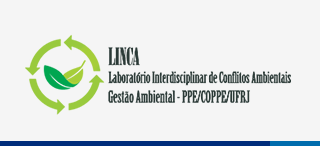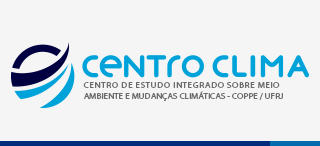Soon.

The Laboratory of Advanced Optimization (LOA) is an interdisciplinary laboratory with collaborators from many departments of UFRJ and other institutions. Its main objective is to develop mathematical programming models aimed at the energy sector. Furthermore, the LOA aims to: (i) provide a structure of computational and physical resources for research development; (ii) stimulate the use of open technologies; and (iii) support the formation of undergraduate and graduate students.
The laboratory is located at Block I of the Technology Center of UFRJ's campus at Ilha do Fundão, close to the Center for Energy Studies (CENERGIA)
LEREA develops tests, prototypes, bench tests and chemical analyses related to many renewable energy sources, such as solar, wind and hydropower, among others.
Many projects are carried out as services provided to customers such as Cepel, the Ministry of Mines and Energy, Tractebel, Furnas, Ampla, Eletrobras and MPX.

Created in 2000, the Interdisciplinary Laboratory of Environmental Conflicts and Environmental Management (LINCA) is, nowadays, a center of reference in the study of issues related to Environmental Management, addressing the institutional and legal aspects of the environment, especially regarding river basin management, solid waste management, regulations and standards of control and monitoring, licensing and assessment of environmental impact and other instruments of politics and environmental management.
Other areas of operation that stand out are the following: Industrial Ecology and the development of Eco-Industrial Parks, Decision-support techniques, Multiple-criteria Analysis and Environmental Conflict Management, Life Cycle Assessment - LCA.
 Created in 2000 through a partnership established between the Secretariat for Environmental Quality at Human Settlements (SQA) of the Ministry of the Environment (MMA) and COPPE/UFRJ, Climate Center has actively participated in the development of public policies and the strengthening of training for different national and international social agents regarding actions to mitigate and adapt to climate change, focusing on the development of municipal and state greenhouse gas inventories, the construction and analysis of mitigation scenarios, the development of innovative projects of Clean Development Mechanism (CDM) and the adaptation of small rural producers to the increased droughts caused by climate change.
Created in 2000 through a partnership established between the Secretariat for Environmental Quality at Human Settlements (SQA) of the Ministry of the Environment (MMA) and COPPE/UFRJ, Climate Center has actively participated in the development of public policies and the strengthening of training for different national and international social agents regarding actions to mitigate and adapt to climate change, focusing on the development of municipal and state greenhouse gas inventories, the construction and analysis of mitigation scenarios, the development of innovative projects of Clean Development Mechanism (CDM) and the adaptation of small rural producers to the increased droughts caused by climate change.
